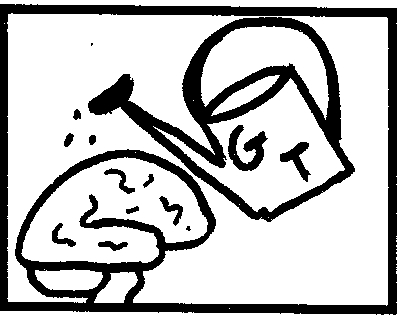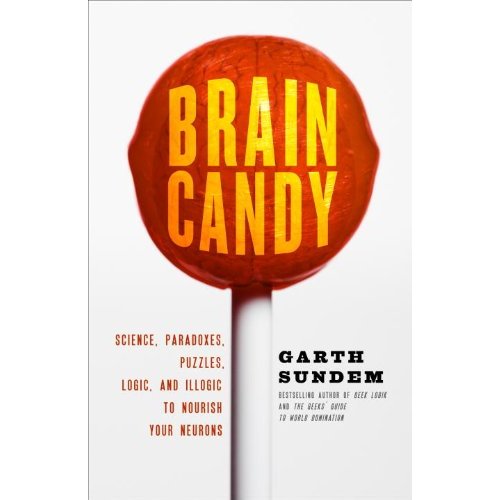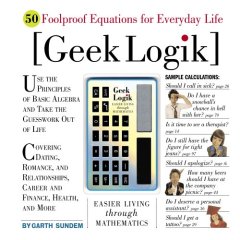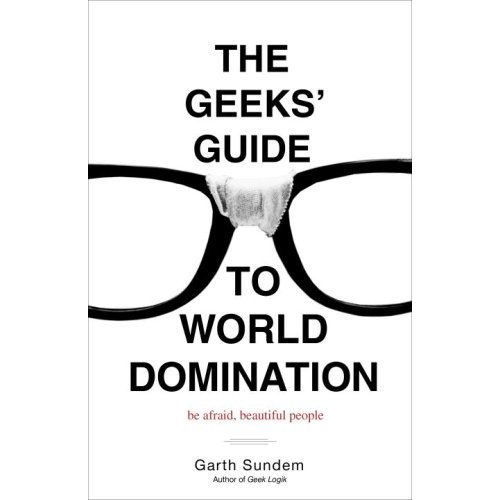 In a classic experiment known as the Ultimatum Game, person A is given 10 coins to split between himself and person B. If person B accepts the distribution, they both keep the coins; if not, no one gets paid.
In a classic experiment known as the Ultimatum Game, person A is given 10 coins to split between himself and person B. If person B accepts the distribution, they both keep the coins; if not, no one gets paid.
According to Game Theory, the optimal solution is for person A to give himself nine coins and person B one coin——both will end the game richer than when they started. However, played in the wild, the most common distribution is 6-to-4, a ratio seen as fair by both parties.
But why? What's the origin of the human idea of fairness?
To answer that, let's take a look at a spin on the Ultimatum Game called the Dictator Game. In Dictator, player A decides how to split the 10 coins and they're split accordingly. Just like that. Player B has no say. In this game, person A is much more likely to split the coins 9-to-1.
The difference between Ultimatum and Dictator is, of course, person B's ability to punish person A. Let's take a closer look:
In Ultimatum, person B scoffs at a one-coin offer, sacrificing personal gain in order to punish person A's greed. Game theorists call this move an altruistic punishment. While person B loses a coin in this maneuver, he can expect his corrective behavior to result in more coins for him and all the other B's of the world down the line.
Over time, player A has come to expect punishment for unfair behavior and has learned to limit his greed. So to some extent, humans have become social maximizers instead of personal maximizers.
Unfortunately for the mass singing of kumbaya and the potential dawning of a modern Aquarian age, this implies that human fairness is borne of player A's fear of reprisal and player B's angling for future payoff, and not of any innate higher moral order.
More importantly what kind of geek are you? If input="math geek", goto your nearest bookstore and purchase a copy of Geek Logik: 50 Foolproof Equations for Everyday Life. If you're a full featured, renaissance geek of all trades looking for a good time at others' expense, consider a copy of The Geeks' Guide to World Domination: Be Afraid Beautiful People. And if you're a geek of the mind, consider preordering a copy of my new book, Brain Candy: Science, Paradoxes, Puzzles, Logic and Illogic to Nourish Your Neurons (shipping August 3rd).


